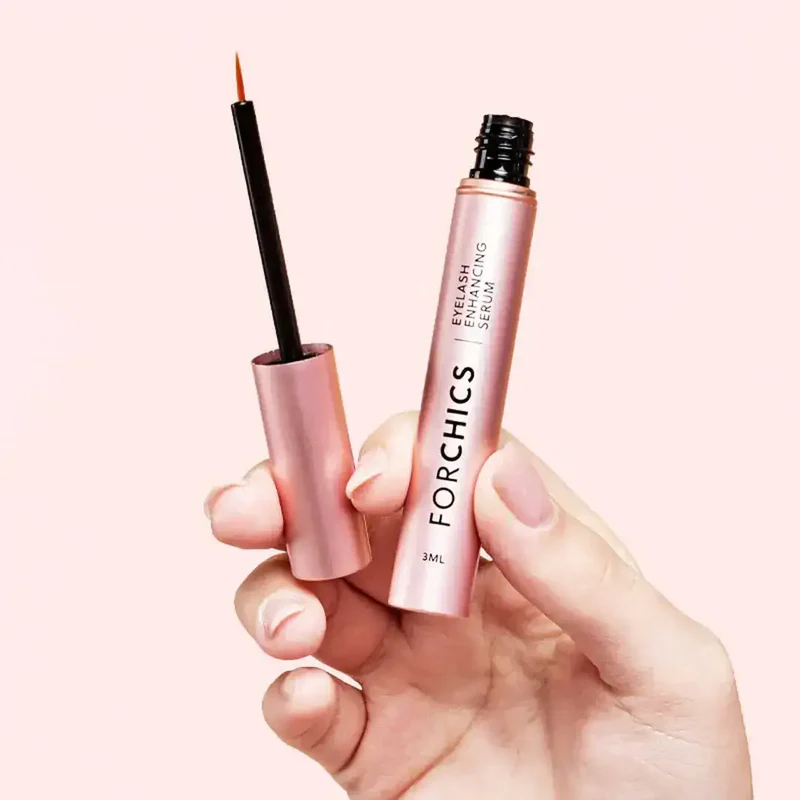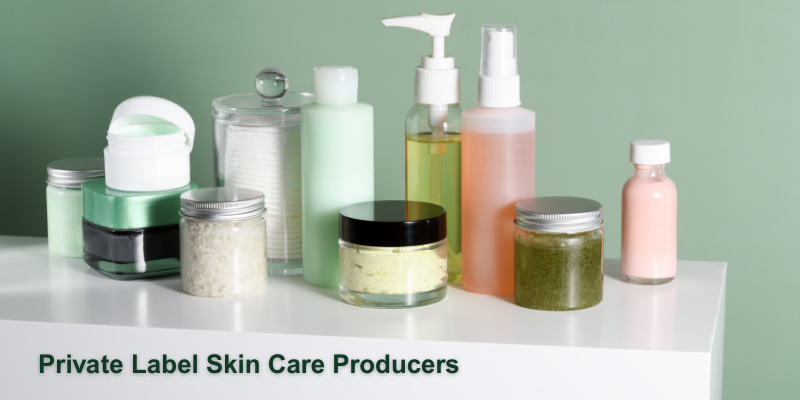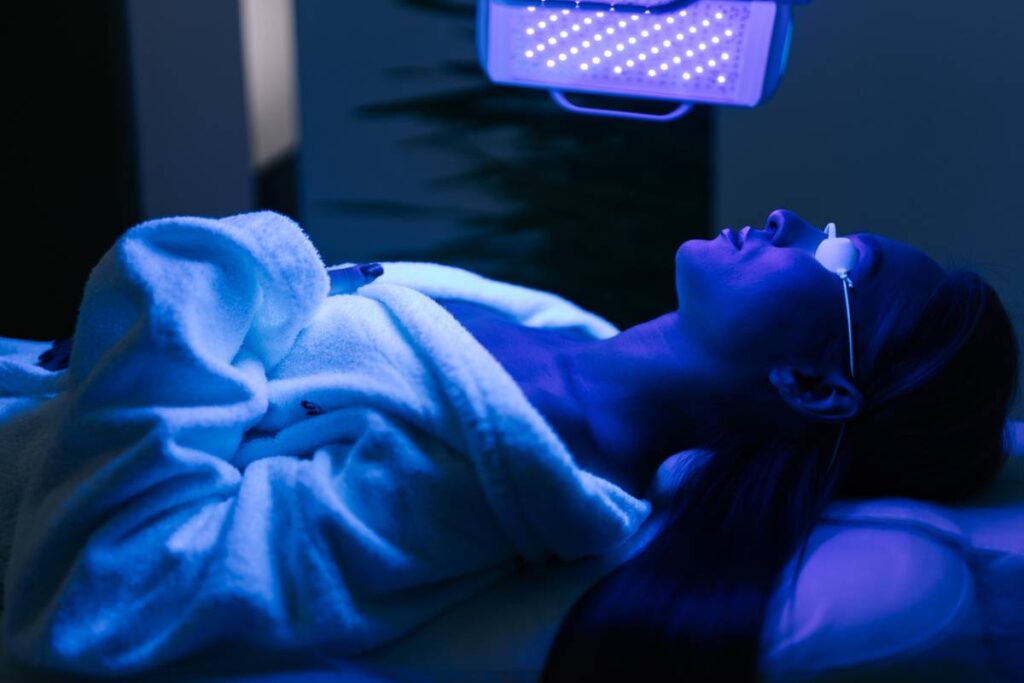What Your Smile Says About Your Health

Your smile is one of the first things people notice about you. It’s a universal sign of warmth, openness, and confidence. But beyond aesthetics and social cues, your smile can actually reveal a great deal about your overall health. From the color of your teeth to the condition of your gums, your mouth offers subtle signals that may reflect systemic conditions. Let’s explore how your smile may be communicating more than you realize.
The Mouth-Body Connection: More Than Skin Deep
It’s easy to think of oral health as separate from the rest of the body. After all, a cavity seems minor compared to a heart condition. But scientific research tells a different story. The health of your mouth is closely linked to the health of your entire body. Dentists, including your trusted dentist Trenton, are often the first to detect signs of broader medical issues during a routine dental checkup.
Oral Bacteria and Inflammation
Your mouth hosts a complex ecosystem of bacteria. While many of these microbes are harmless, some can become problematic when oral hygiene is poor. Bacteria can cause inflammation of the gums (gingivitis) and, if left unchecked, progress to periodontitis, a more serious gum infection.
This inflammation doesn’t just stay in the mouth. It can enter the bloodstream and trigger or worsen systemic conditions like:
- Cardiovascular disease
- Diabetes
- Respiratory infections
- Adverse pregnancy outcomes
Researchers have even found links between oral inflammation and Alzheimer’s disease, emphasizing just how far-reaching oral health is.
What Your Teeth Reveal
Your teeth do more than help you chew and smile. They can act as a diagnostic tool, hinting at nutritional deficiencies, stress levels, and other health concerns.
Tooth Color and Surface
- Yellowing Teeth: Often a result of enamel thinning or staining from foods, tobacco, or medications. However, excessive yellowing may also indicate poor diet or chronic acid erosion.
- Cracks or Chips: May suggest weakened enamel due to acid reflux, bruxism (grinding), or even calcium deficiency.
- Translucent Edges: These can indicate enamel erosion, commonly associated with conditions like bulimia or chronic GERD (gastroesophageal reflux disease).
Tooth Wear and Grinding
Chronic grinding (bruxism) can lead to flattened or worn-down teeth. This often stems from high stress levels, anxiety, or sleep disorders such as sleep apnea. Dentists frequently notice these patterns long before a patient is aware of their nightly habits.
Gum Health as a Health Indicator
Your gums can be a surprisingly accurate barometer for overall well-being. Healthy gums are firm and pink, not swollen or red.
Signs to Watch:
- Bleeding Gums: While common, bleeding during brushing or flossing is a sign of inflammation and could be an early indicator of gum disease.
- Receding Gums: This may point to aggressive brushing or, more seriously, periodontitis.
- Persistent Bad Breath: Known as halitosis, it may reflect poor oral hygiene, but it can also be a symptom of diabetes, sinus infections, or liver problems.
Paying close attention to your gum health and seeking help from a professional dentist in Trenton when symptoms persist is vital for prevention.
Warning Signs Beyond the Smile
Your oral cavity can reveal conditions that extend far beyond teeth and gums. Here are a few lesser-known signals that your smile may be sending:
Mouth Sores and Ulcers
- Canker Sores: Usually benign but persistent sores could be linked to celiac disease, lupus, or vitamin B deficiencies.
- White Patches: Painless white or red patches on the tongue or cheeks could indicate oral thrush or, in rare cases, early signs of oral cancer.
Dry Mouth
A chronically dry mouth isn’t just uncomfortable. It can be a sign of:
- Autoimmune diseases like Sjogren’s syndrome
- Medication side effects
- Diabetes
- Nerve damage
Saliva plays an important role in controlling bacteria and aiding digestion. When saliva production is low, oral health declines rapidly.
The Psychological Power of a Smile
It’s not just physical health that your smile influences. There is growing evidence that your mental and emotional state can be affected by the condition of your teeth and gums.
The Confidence Connection
Studies show that people who feel confident in their smiles are more likely to succeed in job interviews, maintain social relationships, and experience better overall mood. Conversely, those with dental issues often report embarrassment, anxiety, and a tendency to avoid social situations.
This psychological link can create a feedback loop: poor oral health leads to social withdrawal, which can lead to poor mental health, which in turn may cause further neglect of personal care, including dental hygiene.
Smiling and Hormones
Interestingly, the act of smiling itself—even when forced—can trigger the release of feel-good neurotransmitters like dopamine and serotonin. In this way, a healthy smile doesn’t just reflect well-being; it actively contributes to it.
How to Protect What Your Smile Says
Maintaining your smile means more than brushing twice a day. Here are some essential practices to keep your teeth, gums, and overall health in check:
- Regular Dental Checkups: Routine visits help detect early signs of trouble that you might miss.
- Balanced Diet: Eat foods rich in calcium, vitamin D, and phosphorus to support strong teeth.
- Hydration: Drink plenty of water to help cleanse the mouth and maintain healthy saliva levels.
- Stress Management: Reduce stress through exercise, mindfulness, or therapy to help avoid bruxism and maintain good oral habits.
- Avoid Tobacco: Smoking and chewing tobacco are major risk factors for gum disease and oral cancer.
Final Thoughts
Your smile is more than just an expression; it’s a health indicator that offers valuable clues about what’s happening inside your body. Teeth, gums, and even saliva can serve as early warning systems for conditions that may otherwise go unnoticed.
Listening to what your smile is telling you—and acting on those signals—can lead to earlier diagnosis, better health outcomes, and a higher quality of life. Whether it’s scheduling a visit with your dentist in Trenton or simply paying closer attention in the mirror, your smile deserves care, not just for cosmetic reasons, but for your total health.



























































































































































































































































































































































































































































































































































































































































































































































































































































































































































































































































































































































































































































































































































































































































































































































































































































































































































































































































































































































































































































































































































































